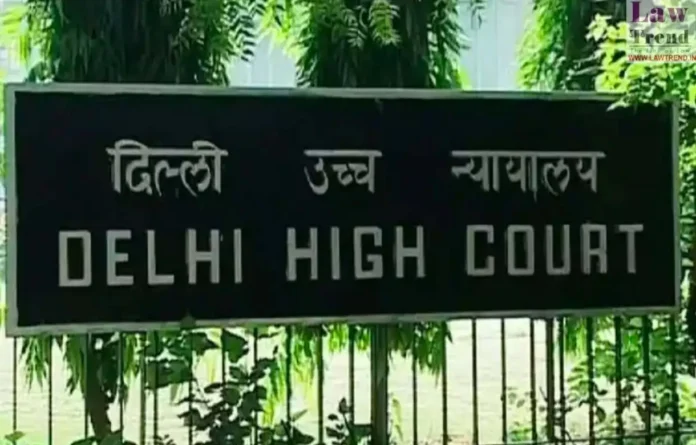The Delhi High Court has held that the General Security Force Court (GSFC), constituted under the Border Security Force (BSF) Act, is legally empowered to try offences under the Protection of Children from Sexual Offences (POCSO) Act. The ruling came while dismissing a challenge filed by Rakesh Babu, a Sub-Inspector (Veterinary) in the BSF, who had been sentenced to 20 years of rigorous imprisonment and dismissed from service for sexually assaulting a 10-year-old boy in 2021.
Babu had questioned the authority of the GSFC to hear his case, arguing that only regular criminal courts could deal with POCSO offences. His petition also alleged procedural lapses, including denial of certified copies of witness statements and limited access to case records.
A bench of Justices C. Hari Shankar and Om Prakash Shukla rejected these claims, holding that the BSF Act defines offences broadly to include civil offences triable by criminal courts. Since Section 42A of the POCSO Act preserves jurisdiction conferred under other laws, the Court said there was no legal bar on a GSFC trying such offences.
On the procedural objections, the bench noted that Babu had not demonstrated any prejudice caused by the manner in which the trial was conducted. The Court emphasized that mere absence of certified copies, when inspection of documents was allowed, did not amount to a denial of fair trial.
With these findings, the High Court dismissed the writ petition and upheld the GSFC’s order in full. The judgment confirms that special courts established under the BSF Act can exercise jurisdiction over offences covered by central criminal statutes like the POCSO Act, ensuring that personnel of the force are not outside the scope of accountability for grave crimes.


